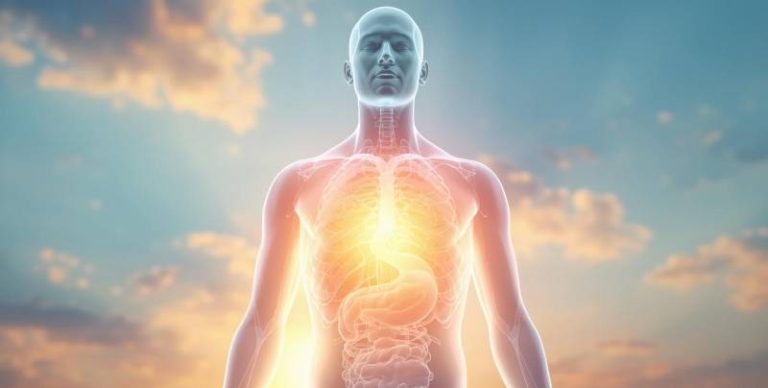
Introduction
The 90 Experiences for Abstinence in OA are a combination of practical exercises, meditation, spiritual growth, and social support—each playing a vital role on the path to recovery. These tools encourage members to overcome daily temptations and compulsive eating behaviors, manage life realistically, and build a stable structure that helps prevent relapse.
Practical practice includes following a regular food plan, managing hunger, recording emotions after episodes of overeating, and learning coping skills. These actions help individuals strengthen self-control and gradually develop the confidence needed to maintain abstinence.
Meditation and spirituality enable members to surrender their lives and will to a Higher Power, using prayer and meditation to find peace, guidance, and mental clarity. This spiritual connection fosters hope and a sense of purpose, providing the foundation for personal growth and the ability to face challenges.
Personal growth and self-awareness form another important aspect of these tools, encouraging members to cultivate honesty, humility, and balance among their spiritual, physical, and emotional needs. Through developing mindfulness and self-regulation skills, individuals can gradually build a healthy and balanced life that is free from dependency and self-destructive patterns.
Finally, social support—through participation in OA meetings and healthy connections with other members—serves as a key anchor for maintaining abstinence. Sharing experiences, receiving guidance, and being part of a group with shared goals offer motivation and encouragement to persist through difficulties and continue the recovery journey.
The ultimate goal of these tools is to help individuals overcome compulsive overeating one day at a time, sustain abstinence, and create a healthy, balanced, and joyful life—one that values spiritual growth, practical skills, and human connection equally.
A Summary of the 90 Tools of Abstinence (Overeaters Anonymous)
These ninety tools serve as both a practical and spiritual guide for maintaining abstinence and improving the quality of life of OA members. The tools are divided into four main categories:
1. The Basics of Abstinence and the Food Plan
This category focuses on maintaining daily abstinence and commitment to a structured food plan. Key principles include eating regular meals, avoiding trigger foods, managing hunger, and recording emotions after episodes of overeating. The goal is to build a stable daily structure and to make steady progress on the path of recovery.
2. Relationship with the Higher Power and Spiritual Growth
Members are encouraged to turn their lives and will over to a Higher Power, to make prayer and meditation an integral part of their daily lives, and to draw inspiration and strength from others’ experience and example. Emotional, physical, mental, and spiritual balance are central to this category.
3. Support and Healthy Relationships
Support and connection with others play a vital role in recovery. Members learn to manage anger and loneliness, express their emotions, build healthy friendships and sponsorships, and let go of unhealthy relationships. Active participation in meetings, sharing experiences, and being part of a home group strengthen both abstinence and personal growth.
4. Mindfulness, Self-Awareness, and Personal Growth
This category includes tools that promote self-awareness, emotional management, personal development, and relapse prevention. Members are encouraged to:
- Be kind and honest with themselves.
- Stay away from pride and temptation.
- Focus on daily progress rather than perfection.
- Face fear and negativity and take responsibility for their own lives.
- Reconnect with their inner child and allow joy and laughter back into life.
-
1.Avoiding the First Extra Bite
Part One: Introduction Compulsive overeating is our disease—one that affects our body, mind, and spirit. Our experience has shown that the root of the problem…
-
2. Unhealthy Eating Habits
Part One: Pay Attention to Unhealthy Eating Habits Introduction – Why are unhealthy eating habits important? Through our experience, we have learned that our main…
-
3. Food Categorization
Section one: Introduction For many of us who have suffered from compulsive overeating, food was never merely “physical nourishment.” We used food as a reward,…
-
4. Eating Disorders
Recognizing the Many Faces of Compulsive Eating Section one: Introduction In our program, overeating and eating disorders are not merely physical problems. They are a…
-
5. Designing a Food Plan
In Overeaters Anonymous (OA), we strive to move from eating without awareness or structure toward mindful and orderly nourishment. In other words, we move from…
-
6. Listening to Our Bodies
Introduction: An Invitation to Listen When I become aware of what I put into my mouth, I also become aware of the thoughts I feed…
-
7. Dietary Deceptions
Beware of Dietary Deceptions Introduction We spent years of our lives in a hidden war with ourselves — a battle between wanting and not wanting,…
-
8. The Manner of Eating
Let us be mindful of how we eat In this reflection, we look at a lesser-known aspect of compulsive eating: the addiction not to food…
-
9. Weight Loss in Overeaters Anonymous (OA)
Weight Loss in OA: Reaching a Healthy Weight Through a Sustainable and Spiritual Approach 1. Introduction: Why Is Weight Loss in OA More Sustainable? Reaching…
-
10. Our Relationship with the Scale in the Recovery Journey
Part One: How Our Journey with the Scale Begins In Overeaters Anonymous, many of us begin our recovery with a relationship to our bodies and…










